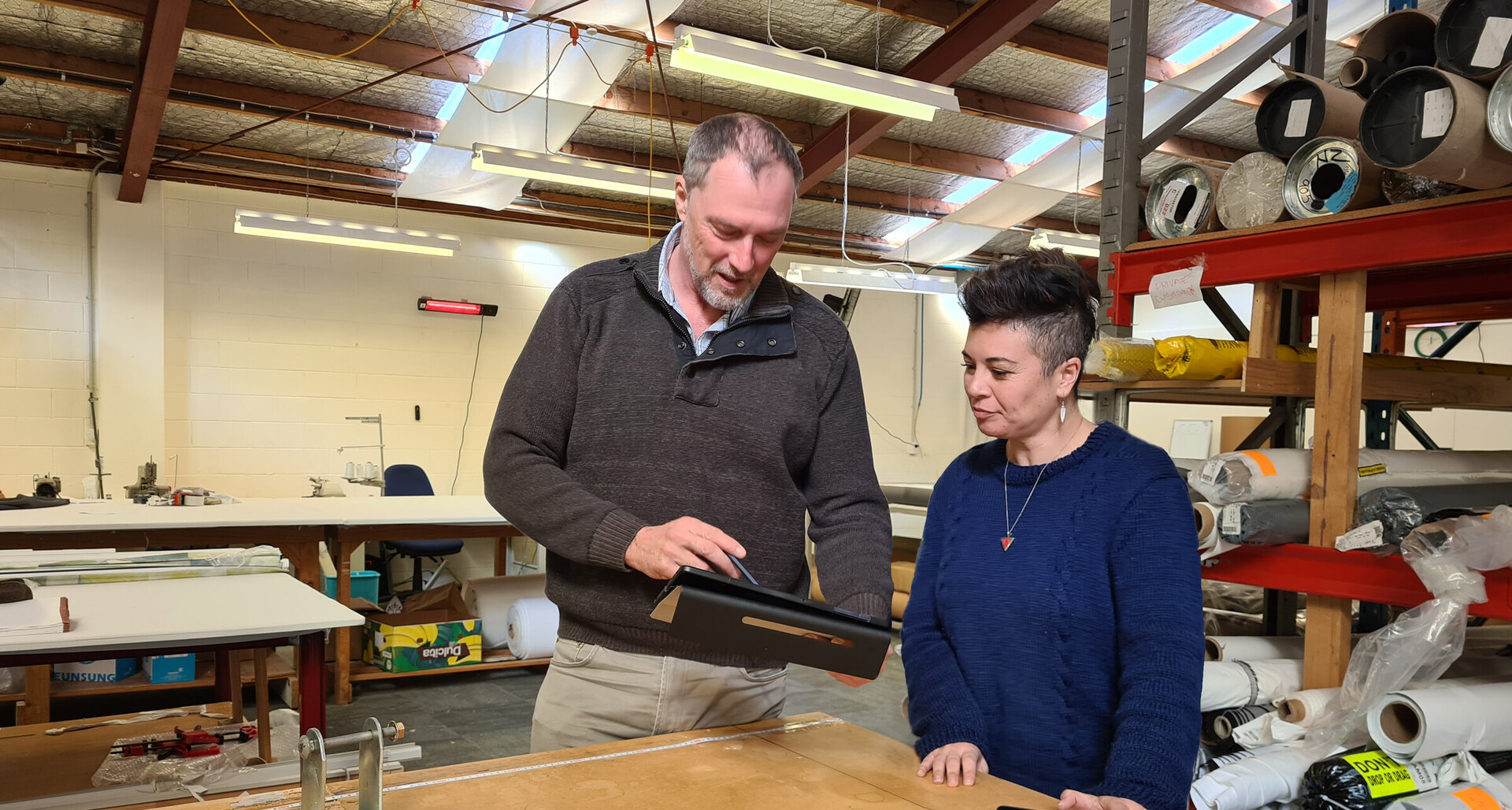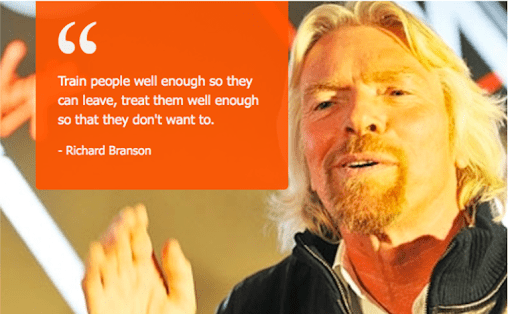As a director of a nationwide SME advisory firm I have, over the last few years, been in a unique position to develop a deep understanding around the needs of business owners across many industries.
The Number One Long Term Goal of Most Business Owners
There is one common goal that is almost universal among all of these business owners, but unfortunately most will never achieve this goal, despite the fact the goal itself is, with a good plan, more achievable than many realise.
So, what is that goal that so many business owners are seeking. Is it better profits, turnover, better quality staff, expansion, branding, sales? While all of these things are important when you ask most SME business owners what they want, more than anything else the answer is quite simple: Business Owners want more TIME FREEDOM. This is especially true of owners that have been in business for a number of years. They want all those other things too, but lifestyle (or lack of it), is a constant issue.
What business owners want - and what they get.
More time freedom for most business owners may look something like this:
- A 30-hour week
- More time with my family
- More time to look after one’s health
- Fridays off
- Frequent date night with Spouse
- Business still grows and is profitable
- Business growing as a valuable asset
- Staff are dedicated and loyal
In summary, the business owner’s dream is of a successful business that enhances lifestyle, enables good leisure and family time while becoming a valuable asset for the future.
The statistics, however, are somewhat sobering and tell a completely different story.
The majority of small Business owners work very hard, growth peaks at around $500k - $1m, and Business value is generally significantly lower than the owners would expect. In many cases the business will close without being sold so provides no retirement income on exit. The fact that 70% businesses turn over less than 1 million dollars tells a story in itself.
Rather than more time freedom the actual reality may look something more like this:
- 60-70 hour week
- Little time with Family
- No energy to exercise/look after health
- Often work weekends to catch up
- Date night was one movie a year ago!
- Growth is stagnant
- Based on hours worked the business owner is paid less than some staff
- Business is too reliant on owner to be an asset on Exit
- Good staff are hard to find!
There are of course exceptions but in general most SME’s don’t end up with the lifestyle that they initially imagined when they first started in business.
The sad thing about all of this is that it could be so much better.
You can have your cake and eat it too
I have a client that owns a small manufacturing company. It currently turns over about $1.5 ml and generally returns to the owner between 15-18% NPBT. The company has doubled in size over the last 4 years and is performing better now than it ever has. The husband and wife owners of this business spend about 30 hours on this business – a year! They also don’t actually live in NZ anymore.
So here is a Business that is still performing, still pays the owners well but is not demanding of their time.
A similar sized business but in the service industry has the owner working 10 hours a week, in an over seeing capacity, while focusing on his passion of flipping houses. The business is well run and profitable but again is affording the owner the lifestyle he wants.
These types of scenarios don’t happen by chance. They are usually part of an initial vision and then a well thought out strategy to turn the vision into reality.
The single most important deliverable that comes from this type of planning is making the business less reliant on the owner. This is the one major thing that these business owners get right that so many get wrong. There is a massive side benefit as well which is tied up with eventual exit of the business owner from the business. A business that is reliant on the owner is less valuable than a business that can be managed.
Create Your Vision and Implement Your Strategy
Creating a successful business that improves your lifestyle, creates time freedom, is profitable and a valuable, sellable asset can be your future. It starts with the business owner lifting their head from the day to day running of the business asking him/herself is there a better way?
Not accepting status quo is the first step to change. Understanding exactly what you do want is the second and developing a strategy to achieve your vision is what comes after that. That part takes a bit longer! Below are some of the key elements for a small business that will provide the opportunity to create a desirable work/life balance. Some we have already mentioned.
- Recognise the need for change
- Develop a personal and business vision for your future
- Develop a well thought out strategy to achieve your vision
- Bring in expertise to help you if needed (especially in strategic development)
- Every week spend a small amount of time on your strategy
- Start developing people and leadership
- Learn to delegate responsibility more
- Employ good people (they are out there) and don’t settle for less
- As leadership develops introduce profit share systems
There's more, but that’s a good start. As you can see from above, people development is very important in creating a valuable business. Look after you people and they will look after you.
Creation of an asset to exit with
A small business owner will improve the life/work balance considerably by what is actually succession planning. By doing that effectively they will in time also have developed an exit strategy. This will enable the business to be sold for a value that is considerably greater than it would have been without vision and planning.
Many business owners will exit their business either on a whim or are forced too because of reasons such as health. In most cases for the effort that has been put in the reward on exit will be minimal.
With so many business owners over 50 in NZ the time to act is now. For any business no matter what age of the owner, developing your business in a way that enables growth, lifestyle and the creation of an asset should be a priority and one that is worked on every week.
It won’t happen overnight and it will take some displine as well as time but the pay off is too high for business owners not to start planning their succession or exit now.
For any business no matter the age of the owner, developing your business in a way that enables growth, lifestyle and the creation of a valuable asset should be a priority and one that is worked on every week.
To get a one on one consultation, please fill in the form below, or ring me on 027 824 8809.
Article by Phil Wicks
Philip Wicks is a Director and Co-Founder of Business Success Partners who specialises in business development, strategy, exit and succession planning. Contact Phil at phil@bspnz.co.nz








